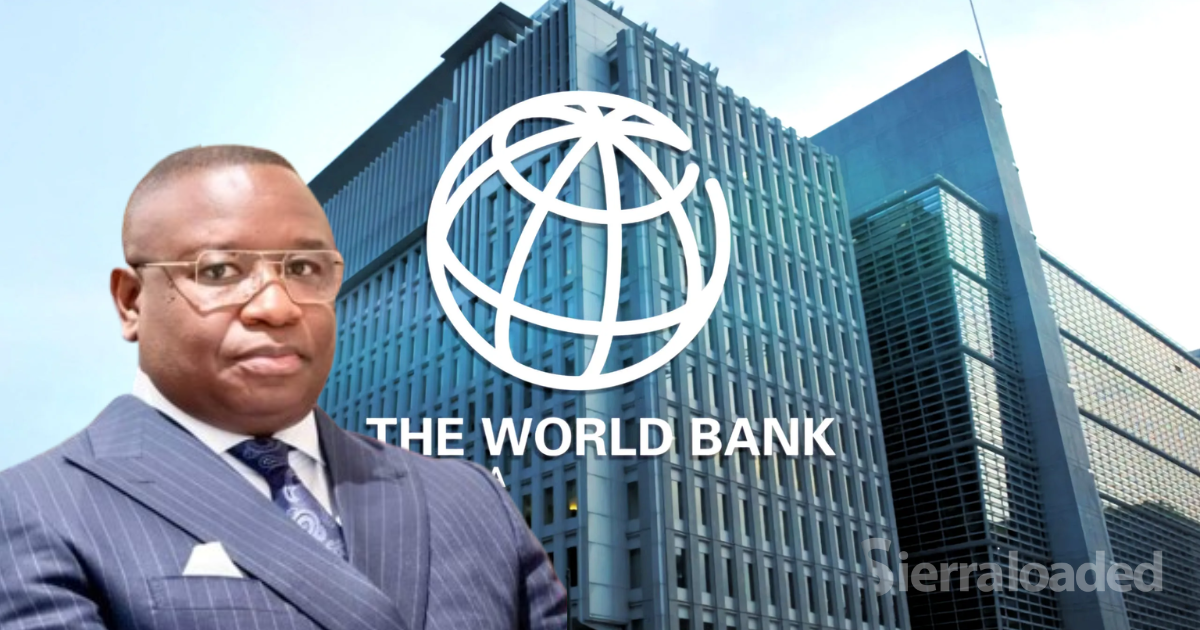The World Bank has said that Sierra Leone and other Sub-Saharan African countries have made substantial strides toward digital transformation, with hundreds of millions of people gaining access to the internet and productively utilizing a wide variety of digital services.
This was disclosed in a new brief titled, “Digital transformation drives development in Africa,” revealing 115 percent increase in internet users between 2016 and 2021 in Sub-Saharan Africa, a change that has been instrumental in spurring economic growth, fostering innovation, and creating job opportunities.
Sierra Leone is among the countries experiencing a noticeable surge in internet connectivity. The nation has gained access to new submarine internet cables, boosting available capacity and propelling the continent’s average broadband download speed from a sluggish 2.68 Mbps in 2019 to a respectable 8.31 Mbps in 2022.
The report highlights that the internet is no longer just for basic web browsing. With improved speeds, Africans can now access online learning, essential services, and a plethora of productive content, fueling economic growth and individual empowerment.
“Between 2016 and 2021, Western and Central Africa saw internet users jump from 23% to 47%, while Eastern and Southern Africa experienced a similar leap from 16% to 27%. Coastal nations like Liberia, Sierra Leone, Senegal, and Côte d’Ivoire are reaping the benefits of new submarine cables, boosting capacity and transforming the user experience,” the brief states.
World Bank Chief Economist for Africa, Andrew Dabalen, emphasizes the importance of closing the digital divide: “The minimal usage of mobile internet is a lost opportunity for inclusive growth in Africa. Closing the uptake gap would increase the continent’s potential to create jobs for its growing population and boost economic recovery in a highly digitalised world.”


 Post a comment
Post a comment 








